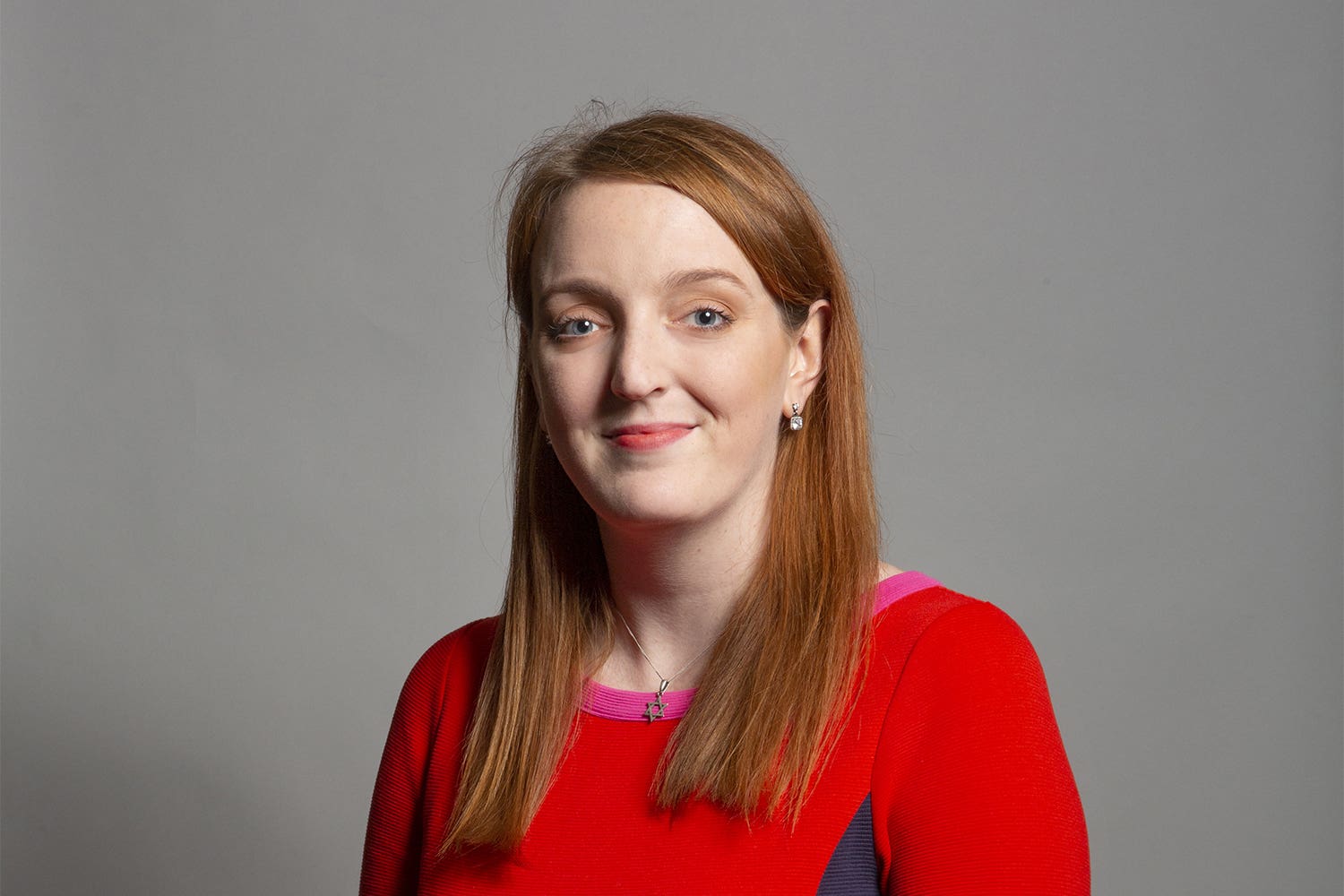MP describes ‘living hell’ of PTSD and hits out at laws on psychedelic research
A group of MPs called on the Government to urgently review the legal categorisation of psilocybin

Your support helps us to tell the story
From reproductive rights to climate change to Big Tech, The Independent is on the ground when the story is developing. Whether it's investigating the financials of Elon Musk's pro-Trump PAC or producing our latest documentary, 'The A Word', which shines a light on the American women fighting for reproductive rights, we know how important it is to parse out the facts from the messaging.
At such a critical moment in US history, we need reporters on the ground. Your donation allows us to keep sending journalists to speak to both sides of the story.
The Independent is trusted by Americans across the entire political spectrum. And unlike many other quality news outlets, we choose not to lock Americans out of our reporting and analysis with paywalls. We believe quality journalism should be available to everyone, paid for by those who can afford it.
Your support makes all the difference.An MP has described their post-traumatic stress disorder as a “living hell” and called on the Government to loosen research restrictions on a psychedelic drug she said could offer medical benefits.
Labour MP Charlotte Nichols said there is a “moral and economic imperative” for the Government to review legal restrictions on psilocybin with a view to allowing greater access for medical research, saying it “feels like institutional cruelty” not to do so.
Ms Nichols was speaking during a backbench debate in the House of Commons, where a group of MPs called for an “urgent” review of psilocybin’s Schedule 1 status under the Misuse of Drugs Regulations 2001.
Conservative former minister Crispin Blunt suggested people with depression had been left to “go hang” because of a reluctance in Government to review how psychedelics such as psilocybin are restricted under the law.
I am hopeful that this sort of treatment may offer a light at the end of a very dark tunnel and finally give me my life back
Ms Nichols, MP for Warrington North, told the Commons: “I have referred previously to living with PTSD and this is where my interest in the potential promise of psilocybin as a treatment first began. So consider this a declaration of interest.”
She added: “I can’t overstate the impact it has had on my life. This is a condition I can expect to live alongside potentially indefinitely and which can only ever be managed.”
She went on: “Even at its best, it is a living hell.
“There is nothing I wouldn’t give, nothing I wouldn’t do, to go back to who I was before my diagnosis. My experience is not unique. This is the reality of living with a serious mental health condition.
“I am making it through as best I can because of the love and support of friends, colleagues and psychiatric intervention, but I know that just as I am a million miles better than I have been and there are many more good days than bad these days, that I could easily relapse tomorrow because of something I can’t plan for nor prevent.
“I am hopeful that this sort of treatment may offer a light at the end of a very dark tunnel and finally give me my life back.”
Ms Nichols added: “The evidence shows that psilocybin, as with other psychedelics, can be such an effective treatment for PTSD that following a successful course of psychedelic-assisted therapy, many patients no longer fulfil the diagnostic criteria any more. They are all but cured.
“But it is this Home Office, and a scheduling policy that against all the evidence says this is not allowed, which is stopping that.
“It feels like institutional cruelty to condemn us to our misery when there are proven, safe, and effective treatment options if the Government would only let us access them.”
“There is both a moral and economic imperative for the Government to act,” she told MPs.
Tory former minister Mr Blunt told the Commons: “The Home Office has the power to commission a review of the evidence. And there is precedent to commission such a review, as was the case with cannabis-based products for medicinal use.
“Indeed, in 2018 the wretched situation of just two epileptic children enabled change to start the deployment of cannabis-based medicines.
“But the regulatory treatment of the psychedelics, psilocybin in particular, remains unaddressed.
“Perhaps the minister might have a go at advancing an explanation of why 1.2 million people with depression can go hang compared to the very deserving but relatively few epileptic children.”
Home Office minister Robert Jenrick said the Government “agrees with the intent of much of what has been debated today”.
But he added: “Rather than developing a bespoke approach for psilocybin alone, we consider our approach to be more ambitious and want to tackle this issue across all categories of section one drugs, to reduce barriers to legitimate research rather than focus on individual drugs
“Equally, we must keep a firm focus on the need to tackle drug misuse, which causes such harm across our society. Both of these are vitally important aims and will continue working to strike the right balance in the interests of the public.”
Ms Nichols said she and Mr Blunt were “disappointed in the Government’s response to the debate today”, adding: “Yet again we are seeing a real lack of urgency on this issue from the Government.
“As we have discussed, this review from the ACMD (Advisory Council on the Misuse of Drugs) has been ongoing since 2017. And in that time, at least 40,000 people have taken their own lives.”
The NHS lists psilocybin on a list of “drugs known to trigger psychotic episodes”.
– For anyone who needs help, Samaritans can be contacted for free on 116 123, emailed at jo@samaritans.org, or visit www.samaritans.org to find your nearest branch.